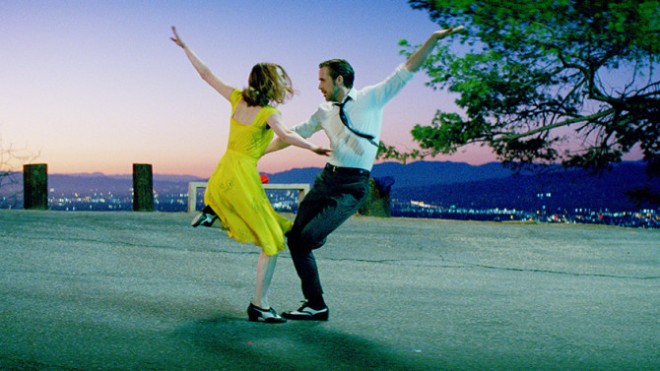In order to spare you book-length blog posts, I will do my summaries of films watched every month in two sessions: halfway through the month and at the end of the month. The first part of September saw us going out to the cinema (once), transfixed by the saddest season of The Wire and also debating some classics of world cinema. We have now set up a ‘film bowl’, i.e. a mixing bowl in which we’ve put pieces of paper with all of the films we have available to watch (on DVD or on various TV streaming services) and we pick them out of the bowl at the weekend.

Tenet
I have to admit I went to see this one more as a test run for the cinema experience than for the film itself. The concept of time moving clockwise and anti-clockwise was interesting, but the film was too big, too loud (you couldn’t even hear important conversations above the explosive bangs) and too much of a cross between James Bond and The Night Manager to truly appeal. A lot was made of the locations, but the characters were just not given sufficient depth.
Memento
I was saying to my older son that Christopher Nolan had been much more creative on a smaller budget in his earlier work, Memento, and we had the opportunity to watch it on BBC2 a couple of nights ago. It certainly holds up in terms of clever storytelling, without feeling gimmicky, and still raises questions around the slipperiness of memory, small mistakes which can pass unnoticed but lead to much bigger mistakes, as well as lack of trust.
Fantastic Planet
Older son, the film buff, unearthed this one – an animated film for grown-ups from the 1970s, called La Planète sauvage in the original French, directed by Rene Laloux and co-written by Roland Topor. On a planet called Tgan, the gargantuan blue humanoid Draags keep the relatively tiny humans called Oms as pets. However, some Oms remain undomesticated, live in the wilderness and rebel on occasion, so they are periodically slaughtered by the Draags. As you can imagine, this is a powerful allegory about slavery, exploitation and repression. The hand-drawn animation and inventive hybrid plants and animals on their island are like something out of Claude Ponti books, while the music is reminiscent of Pink Floyd. Truly psychedelic effect!
Fantastic Mr Fox
I have mixed feelings about Wes Anderson films – I love the meticulous attention to detail and that slightly old-fashioned, arts-and-crafts look and feel of his films, but sometimes it feels like this is done at the expense of the content. However, in this instance, form and function blend together well, Anderson even added what might be called an existential twist to it regarding family relationships and creating your own identity (via the rivalry between Mr and Mrs Fox’s son Ash and the cousin who comes to visit).
Schindler’s List
Although the boys were moved by the film, they were not as shaken by it as I was when I first saw it. I don’t know if this is because the subject is now well-known, or if the memory of the Second World War and the pogrom is starting to recede. OS went to Auschwitz on a class trip and had visited Schindler’s factory in Krakow, so he recognised some of the places, but complained that Amon Goeth was too much of a cartoon villain. I had to gently explain that he was, if anything, even worse than depicted in the film, according to eyewitness accounts.
Rashomon
This was a bit of a disappointment – both to my sons and to me (I hadn’t seen it since the age of twenty, when I was studying Japanese). My sons thought it lacked pacing and was overacted. I tried to explain about the stylised acting of the Kabuki theatre, as well as the silent era of cinema in the West. Kurosawa certainly seems to be saying:’ Why should I explain things in words when facial expressions or music or a shadow flitting across a face can say so much more?’ It does feel as if the people are all acting ‘at’ each other, which I guess is the point in a film that is so much about lies, interpretation and, once again, reliability of memory.
The Wire Season 4
This was the season I expected would appeal most to the boys, and indeed they laughed at some of the classroom scenes. I’m not sure if they felt the indictment of poor parenting as deeply as I did. But the emphasis on testing and stats instead of actual learning, the lack of budgets for schools and the political manoeuvring around education sounded all too familiar. And it was so sad to see most of the boys unable to escape from their social environment and almost preordained career paths as criminals.



